- Learning time
- 10 minutes
- First play time
- 60 minutes
Zendo
Designed by: Kory Heath
Zendo is a game where only one player knows the rules, and everyone else has to figure them out.
The game components are a deck of cards and a set of small plastic pyramids, in five colours and three sizes. Each size also has a point value.
One player in each round is the Master – they secretly choose a rule from the top card in the deck (or one of the top few cards, if you like a little more flexibility). Having done so, they set up the pyramids in two layouts (or koans as the game calls them) – one of which obeys the rule, and the other doesn’t. The rules may involve colours, sizes, points, orientation, touching of pieces, pointing, even whether or not a piece touches the table (pyramids can be stacked or balanced).
Play then moves clockwise around the table and each of the other players – the students – on their turn build a new koan with the pyramids. They then have two choices: they can ask the Master ( by saying “Master?”) if their koan obeys the hidden rule (- it “has the Buddha nature”) and he or she will tell them if it does or doesn’t.
OR they can call “Mondo” and all players get to guess whether the freshly-built koan has the Buddha nature or not. These guesses are revealed simultaneously, and anyone who guesses right gets a ‘guessing stone’. The guessing stones can be used to guess the rule at the end of your turn – but beware! You have to get the rule spot-on; so for instance if the rule is “At least one green pyramid must be laid flat” then guessing “Only one green pyramid must be flat” isn’t strictly speaking, accurate. Which might seem rather petty on first reading, but if the Master can demonstrate the guess is wrong – either by building a koan that obeys the guessed rule and NOT the actual rule (or vice versa) then play continues until the guess nails it.
A full game consists of one round per player – you can play quite casually or have a scoring system where correct guesses are rewarded. We’ve kind of guessed at game length as it can vary wildly!
Joe says
I haven't played this, but I really want to. From what I've heard it is a great way to introduce children to scientific method - it almost sounds like a table-top version of "I crossed the Border". UPDATE: I've played it and I love it!
The guru's verdict

-
Take That!
Take That!
None - not from the other players.
-
Fidget Factor!
Fidget Factor!
None. When it's not your turn, you need to have your thinking cap on.
-
Brain Burn!
Brain Burn!
Yes, some. There are different 'rules' on the cards, from easy to difficult. The easy ones still need working out, and the difficult ones... well, they are definitely for those who like to unravel mysteries!
-
Again Again!
Again Again!
It's a thinky game - and not a light one, although on the other hand it can encourage a lot of talking and interaction. There are hundreds of possible rules and the Master can find multiple ways to mislead the students - players can choose to come up with their own rules as well, and ignore the deck entirely! For instance, one pyramid must point at a particular player, and so on...

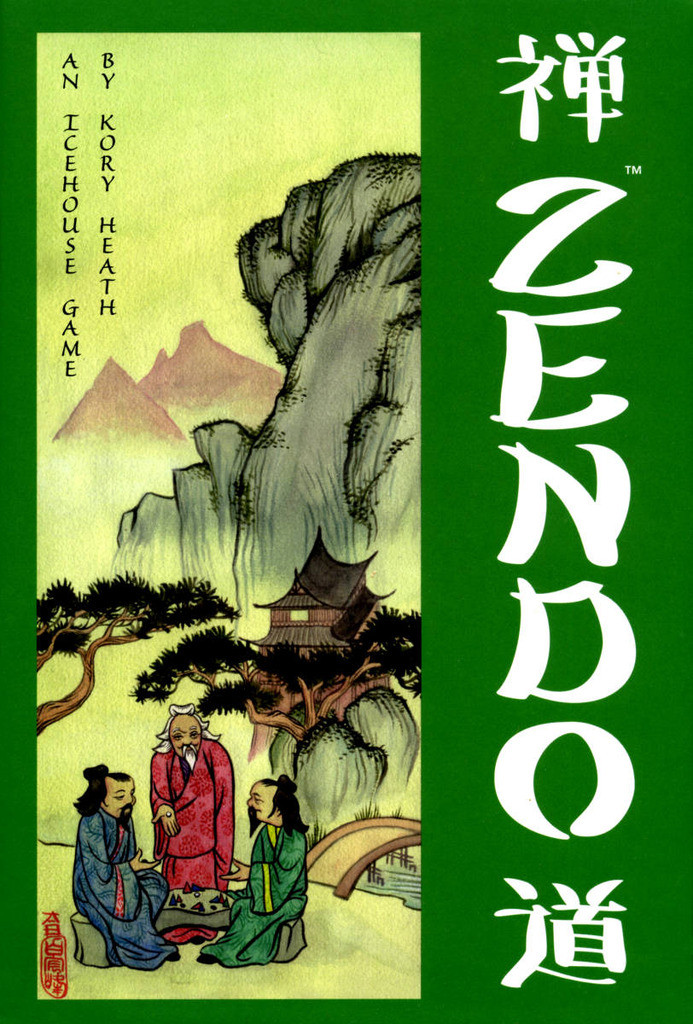
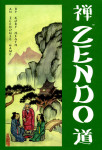
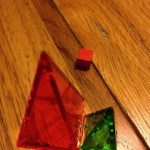
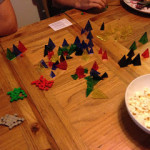


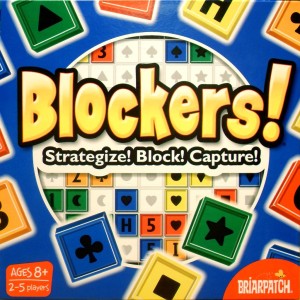
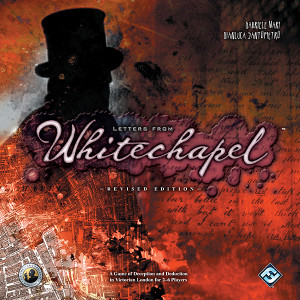
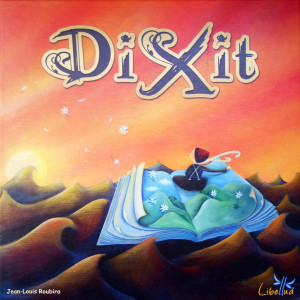
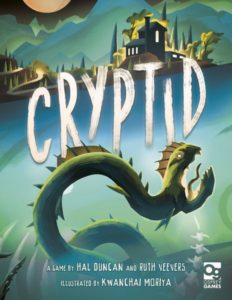
Sam says
I LOVE this game, but I do get a real kick out of figuring out - or attempting to - a puzzle. It is definitely not one to pull out during late-night revelry, but on the other hand it is a good game to play in a group - and the right group will really enjoy it. What I think is great is that it's not really about winning - it's about thinking, and if you choose to you can pretty much ignore scoring altogether - and even work as a team.